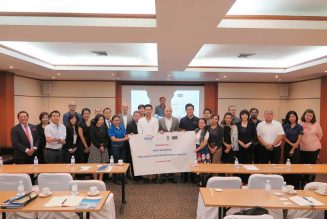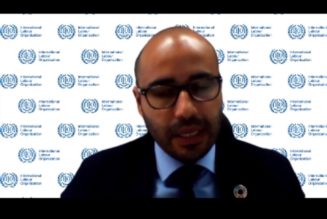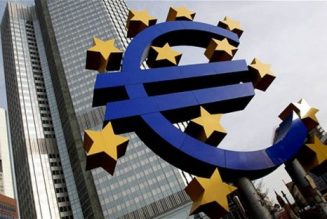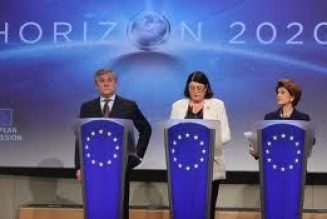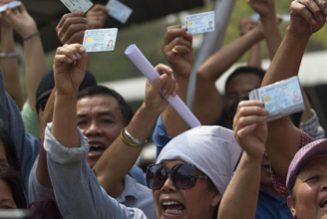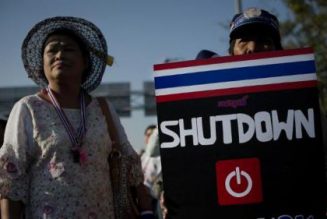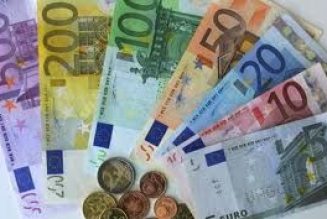Southeast Asian nations including Thailand may lose an opportunity to sell more carbon credits to the European market after 2012 as the world’s largest carbon market is increasing its purchases from less developed countries.
The Thailand Greenhouse Gas Management Organisation (TGO) has acknowledged the issue and been in contact with European delegations in Thailand in discussing solutions, said its deputy executive director Prasertsuk Chamornman.

Southeast Asian nations including Thailand may lose an opportunity to sell more carbon credits to the European market after 2012 as the world’s largest carbon market is increasing its purchases from less developed countries.
The Thailand Greenhouse Gas Management Organisation (TGO) has acknowledged the issue and been in contact with European delegations in Thailand in discussing solutions, said its deputy executive director Prasertsuk Chamornman.
The EU has set a priority to buy carbon credits from poor countries such as those in Africa as well as Cambodia, Laos and Bangladesh after the Kyoto Protocol expires in December 2012. The move is aimed at encouraging these nations to develop more environmentally friendly Clean Development Mechanism (CDM) projects.
“We have been in touch with the European delegations here in Thailand and they said projects in Thailand which will be operated until 2010 will not be affected,” Ms Prasertsuk said. But such projects in less developed countries have no limitations.
Meanwhile, the TGO has encouraged Thai projects under development to speed up their registrations and will launch sectoral approaches for sectors with heavy gas emissions such as cement, paper, steel, glass, and aluminum, she added.
Ms Prasertsuk was speaking in Bangkok as she addressed the Australian Carbon Market Mission to Asean. The three-day mission, which ends today, has brought executives from Australian clean energy and environmental companies to explore opportunities and expand the businesses in the Asean region.
Sydney-based Global Edge Project Consulting, whose business involves finding investors and buyers as well as mobilising financing for CDM projects, took part in the mission and sent the message to Asean nations about the concerns over the EU strategy.
Asean countries like Thailand need to act now as the European Union is going to introduce this policy next month, said Guy Watson, the company’s owner and managing director.
CDM projects normally take 18 months for registration so they will not be affected by the EU’s decision, said Mr Watson.
Global Edge Project Consulting so far has been involved in three projects in Asean including those in Malaysia and Brunei, along with three more in Bangladesh and two in Sri Lanka in areas of biomass, solar, and wastewater and sewage treatment in swine farms.
The company is looking at opportunities in biomass and biogas projects, as well as small hydroelectric projects with capacities of up to 10 megawatts each, he added.
Australian firms, meanwhile, have lobbied their government very hard to set up an emission trading scheme and carbon market in 2015, which have been delayed from an original target in 2012, Mr Watson acknowledged.
http://www.bangkokpost.com/business/economics/229596/revised-eu-carbon-plan-%20%20will-hit-asean
